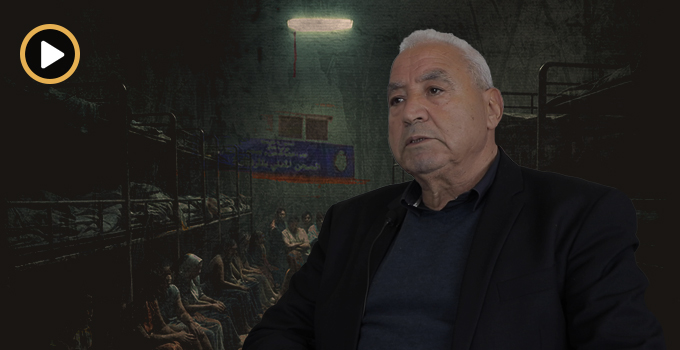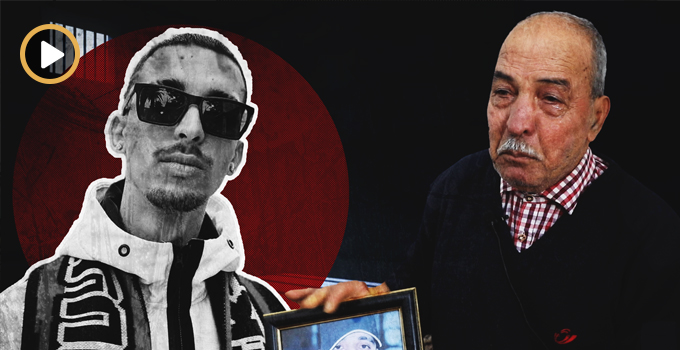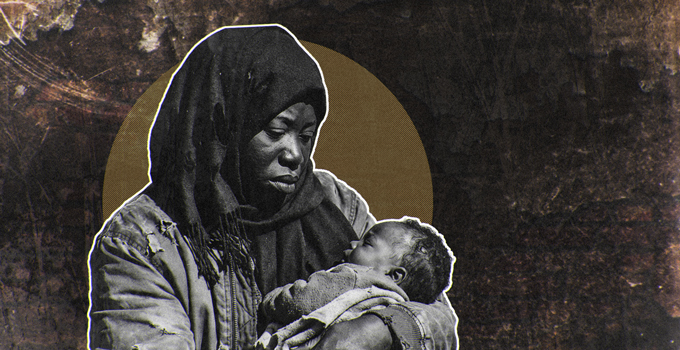Facebook, the popular social networking site, is becoming more than just a cyber meeting place as it turns into a powerful vehicle for social change.
Squeezing out MySpace as the site of the moment and with 75million users (more than the population of most countries), it appears to be the most popular meeting place in the virtual world.
And like other virtual endeavours, Facebook has no borders. Its reach is as wide as the reach of the web. Or, perhaps, as wide as the reach of those who attempt to control it.
Facebook, a site that offers a platform for the advancement of causes, political or otherwise, is quickly turning into a hotbed of activism: a cause for alarm to many autocratic regimes in the Middle East that attempt to curtail its reach by blocking it.
Egyptian President Hosni Mubarak is considering blocking Facebook in light of its growing popularity among Egyptian youth. In April, one such group used Facebook to mobilise 80,000 supporters in protest against the rising cost of bread. The site also played a crucial role in broadening support and turnout for an April 6 textile workers’ strike and protest.
These instances could not have gone unnoticed by the Egyptian Government, which rules under emergency laws and doesn’t allow more than five people to gather unregistered. Ahmed Maher, a young civil engineer and activist who used Facebook to organise a second demonstration in early May, was kidnapped, beaten and put behind bars.
“I was taken to Lazoghli prison, where they stripped me down to my underwear, threatened to rape me with a stick, and continued kicking, beating and insulting me, and dragging me across the floor,” he later wrote on his blog. “I kept asking, ‘Why am I here?’ They just insulted me and asked me for the password of my 4 May Facebook group.”
In prison, Maher joined a growing cadre of other cyber and political dissidents such as Wael Abbas, a brave blogger who dared to post a video clip of Egyptian police sodomising a man with a stick.
In Syria, the Government banned Facebook after an anti-regime email spam campaign was channelled through the site last year.
But savvy Syrians, assisted by cyber colleagues abroad, succeeded in breaking through the censorship. Indeed, last November, when Facebook was blocked, it had 28,000 registered Syrian members. Five months after the ban, the number of Syrians with Facebook accounts had risen to 34,000.
Other Syrian sites were blocked following President Bashar al-Assad’s initiation of the Syrian internet in 2000; since then usage has soared by 4900per cent, threatening the stability of the regime by exposing the Government to greater domestic scrutiny.
In the Gulf states, a more sophisticated system of censorship attempts to block only the more threatening Facebook applications, such as those connected to video content, photographs and computer-based phone services. Iran lists 22,151 Facebook users but the site is mostly unavailable there because of government censorship.
Context is required to understand the Facebook phenomenon. The internet has provided Arab activist groups with a new medium of expression: it quickly has become the preferred domain for many opposition groups that have little or no access to traditional forms of media. Other groups – including women’s groups, minority groups and gay and lesbian groups – also have been quick to jump on the internet bandwagon. In addition to the Association of Arab Gays and Lesbians (glas.org), more than a dozen gay and lesbian websites have been created, including some in conservative countries such as Saudi Arabia.
Add to that the growing number of political blogs that often use video streaming to expose the brutality of governments, political corruption or police violence, and it is easy to understand why governments are concerned.
Not surprisingly, these governments are responding quickly to the new dangers.
Last week Syrian blogger Tariq Baissi was sentenced to three years in prison for posting a six-word comment in an online forum in which he criticised the Syrian security services. He follows in the footsteps of previously imprisoned cyber colleagues such as Massoud Hamid, a 29-year-old Kurd who was charged with the crime of disseminating false news over the internet; Abdel Rahman Shaghouri, who emailed Levant News the newsletter of the banned website www. thisissyria.net; and Heitham Qatesh, who was charged with posting on his blog “illegal material that put Syria and its citizens in danger”.
Unfortunately, the response of governments in the Middle East appears much more efficient than that of the West, which barely acknowledges these brave voices of activists for freedom who dare to challenge the status quo and call for a much needed dialogue within and outside the region.
The same internet that allows them to speak should also encourage us to listen and raise our voices in support of their cry for a discourse free of censorship, brutality and oppression. The growing number of Facebook and cyber dissidents in Middle Eastern prisons should not remain unnoticed.
Nir Boms – June 27, 2008
source : The Australian





[…] Net activism rattles Arabs […]